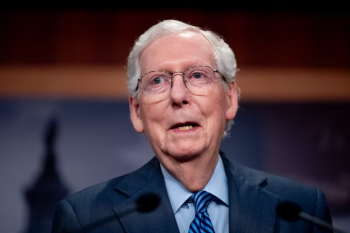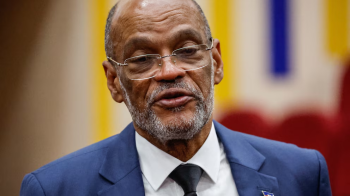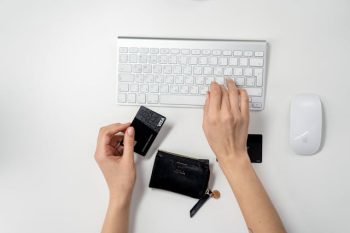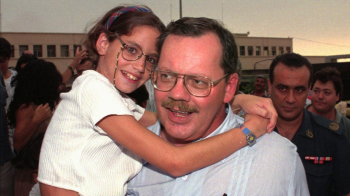Three women who immigrated to Canada from different countries as strangers have found a way to join forces to provide culturally sensitive mental health resources to others all over the world.
Mind-Easy is a digital startup that bridges the gap between mental health resources and workplaces that employ those with a diverse range of backgrounds. The company provides clinically-supported, self-help resources through the use of avatars and advanced technology.
Alexandra Assouad, of Beirut, Lebanon, moved to Toronto to pursue her education in management. While a student at the University of Toronto, Assouad met classmates Dalia Ahmed, originally from Yemen, and Akanksha Shelat, a native of Gujarat, India.
The three women found themselves especially vulnerable to mental health struggles as they watched from Toronto the significant events happening in their homelands as well as felt the isolation experienced all over the world due to the COVID-19 pandemic. While the three came from diverse cultures, what the first-generation immigrants found in common was that mental health resources, especially those that can cater to multi-ethnic needs, were severely lacking.
“We really bonded over the common struggle we were experiencing,” Assouad said. “We couldn’t find resources that worked specifically for us.”
As the three discussed the dilemma they were facing in finding the support they needed, they realized they had complementary skill sets that could address the issue for themselves and so many others who were feeling the same way.
Assouad is well-versed in economics and venture capital funding while Ahmed is completing her doctorate with a focus in counseling and psychotherapy and Shelat has earned her degrees in computer science. In a perfect blend of talents, the three successfully raised funding from venture capital funds & angel investors and launched Mind-Easy.
The result is a user-friendly app that offers easily digestible mental health content and education using advanced artificial intelligence. Users can interact with the avatars in a multitude of different dialects and accents delivered in 17 different languages.
“We love to say we were our first clients,” Assouad said of the co-founders. “We built it to work for us because we knew there were so many others out there experiencing exactly what we were feeling.”
The three found their suspicions to be true as in just under two years, Mind-Easy has supported 25,000 end users in 20 different countries across the globe. Assouad said the success of the company stems from the fact that it solves two major problems. The self-help machine addresses the shortage of therapists as well as the lack of cultural competence in mental health, especially in the Black, Indigenous and People of Color (BIPOC) communities.
“That was a big deal to us that we offered a way that people could act on what they were experiencing without feeling labeled,” Assouad said. “We especially saw this with minorities. For example, where I came from, if you have food on the table and a roof over your head, you are supposed to be happy and not feel anxious or vulnerable.”
She said immersed in a culture that discourages conversations of mental health needs makes it even more difficult for those to reach out for help.
“Another thing we really try to work on is picking up the semantics regarding symptoms. For instance, before I would never say I had anxiety. I would just describe it as having tension in my body. But with the advanced technology, we can use machine learning to help identify those keywords and better direct the user to the most helpful resources.”
When developing the program, the co-founders determined early on the most effective way to reach those who needed mental health resources was through organizations, where a collective of diverse backgrounds is more prominent. Organizations who partner with Mind-Easy gain access to the platform where members can access catalogs, resources and engage with the avatars in many
“We knew the real way to make a change, and make the business scalable, was to enter those workplaces, school systems and organizations where the institutions could subsidize the help for those employees,” Assouad said. “The workplace has been proven to be where a lot of minorities experience racial trauma and other mental health struggles.”
Assouad said the program has a two-fold benefit. As users gain the valuable insights they need to improve the emotional and mental obstacles they may be facing, they also develop an understanding of other cultures and value systems of their peers. The ability to help one another and appreciate the differences creates greater cohesiveness in the workplace.
The resources available through Mind-Easy are vetted through a clinical network of over 60 expert professionals who provide guidance from areas all over the world. Information and education are inclusive and even expands to include areas such as prenatal and postnatal and athletic mental health needs.
“We have seen amazing engagement rates. We have seen 30% more engagement when looking at cultural mental health services as opposed to just general mental health services,” Assouad said. “We have built a self-help program through machine learning that is scalable and works for everybody. With it, we really hope to redefine global mental health care.”
Also Read:How To Become A Professional Wix Website Designer – REDx Magazine












